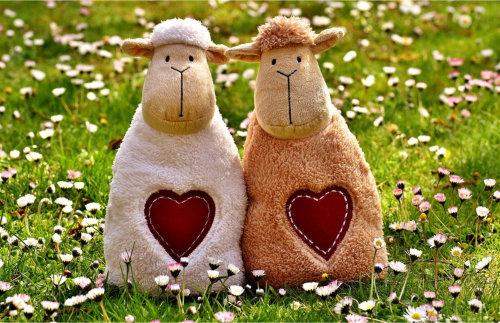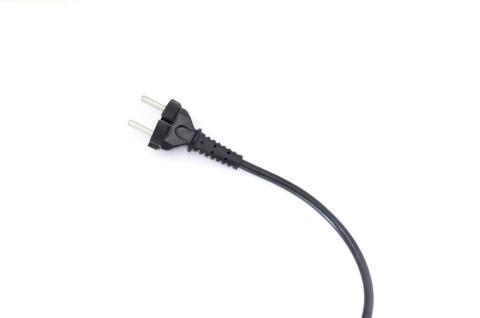Rachel’s phone dinged with a text. “Can you do lunch on Tuesday at 11:30?” The message was to Rachel, Linda, and Cathy, Rachel’s favorite group of
friends.
She had planned to clean out some closets on Tuesday, and she paused for a moment. Once she planned a project, she hated changing it; she was mentally prepared to get it done. For
a moment, she was tempted to decline lunch.
Fortunately, she only hesitated for a moment before she texted back that she would love to do lunch. Her closet could wait.
Good decision.
Friendships and social activities are essential to our lives. They contribute to our happiness and sense of well-being. Our mental health is enhanced as we build connections with people. Friends are people we can talk to, bounce ideas off of, and share uncertainties with. They help us gain perspective and keep us grounded. Having a social circle helps to reduce stress.
I once saw friendships described as concentric circles around a person in the center. The innermost circle usually contained three to five close friends, the ones you could really share with.
The next circle
contained about five to fifteen people you liked to spend time with but were probably not the ones you would call in a crisis.
The outermost and largest circle was acquaintances. Most of us have a lot of those.
Some people have more circles, but you get the idea. And friends in one group may shift closer or farther from the center.
Relationships are often considered the most crucial key to
happiness. People need other people. Friends validate us, listen to us, and advise us. They are there for us. We feel safer just knowing they are there.
People with friends, good friends, tend to be healthier and live longer. Having friends correlates to stronger immune systems. Having a close circle of
friends may even decrease your chances of some health problems, including heart attacks and strokes.
Friends and social networks also correlate with cognitive health. People who are isolated may show earlier symptoms of cognitive decline than those who interact with others on a regular basis. Interacting
with others provides the mental stimulation that helps keep our brains functioning and may aid in warding off dementia.
I think almost everyone understands the importance of friendship to mental health. Friends give us support and a feeling of worth. They help us ward off loneliness. All of which help to
prevent depression, anxiety, and general stress.
Our friends and even acquaintances help us to navigate unfamiliar waters. They may help us be a better parent. They may help us get through crises like losses because they have been through it themselves or at least seen it close
up.
A friend of mine, who lost an adult child, was amazed at all the people who came to her with stories of their own similar losses, helping her know that she was not alone and had friends
to help support her.
Being a friend is good for us too. We can be good listeners and sounding boards for our friends. It’s good for us to feel useful and needed. It keeps our friendships from becoming one-sided.
There are stages in life when sometimes people feel they do not have much time to socialize with friends. They are busy building careers or taking care of family members. They think they do not have the time to develop close friendships. Sadly, later on, they may find themselves without a good friendship group when they finally have more time.
Social media can help keep us in touch with friends. But it is hard to have a really close friendship based on social media interaction. Nothing really beats real-time interaction.
So today, on Valentine's Day, get in touch with a friend. Make plans to get together and catch up. It will be good for you both.












